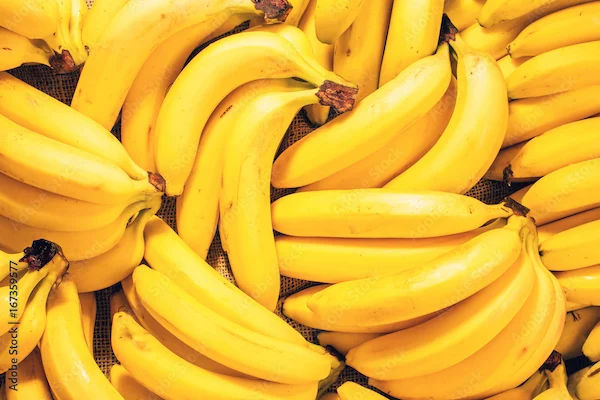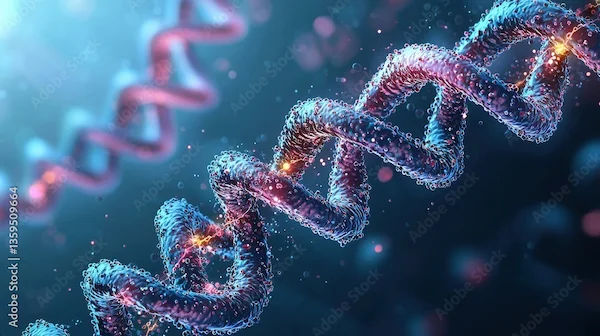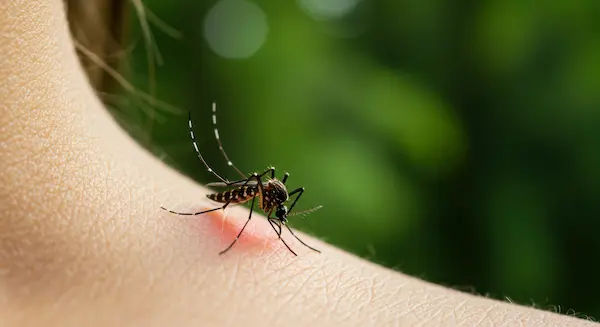Foods Suitable for Heart Attack Patients
Discover the essential heart-healthy foods suitable for heart attack patients, focusing on whole grains, fruits, vegetables, lean proteins, and healthy fats. Learn what to include and avoid for optimal cardiac recovery and long-term well-being.

Written by
Last updated on 3rd Aug, 2025

Introduction
A heart attack is a life-changing event that requires long-term care, especially when it comes to diet. Eating the right foods can help strengthen your heart, lower the risk of future complications, and improve overall well-being. If you or a loved one has experienced a heart attack, making smart food choices is one of the best ways to support recovery.
In this article, we’ll discuss heart-healthy foods, what to avoid, and simple dietary tips to keep your heart strong.
Why Is Diet Important After a Heart Attack?
After a heart attack, your heart needs extra care to heal and function efficiently. A balanced diet helps:
Lower cholesterol levels – Reducing bad (LDL) cholesterol prevents plaque buildup in arteries.
Control blood pressure – Excess salt can raise blood pressure, straining the heart.
Manage weight – Maintaining a healthy weight reduces stress on the heart.
Reduce inflammation – Certain foods help fight inflammation, protecting blood vessels.
By choosing nutrient-rich foods, you can speed up recovery and reduce the risk of another heart attack.
Best Foods for Heart Attack Patients
Best food for heart attack include:
1. Fruits and Vegetables
Fruits and vegetables are packed with vitamins, minerals, fiber, and antioxidants. They help lower blood pressure and improve heart health.
Leafy greens (spinach, kale) – Rich in vitamin K, which protects arteries.
Berries (blueberries, strawberries) – High in antioxidants that reduce inflammation.
Citrus fruits (oranges, lemons) – Contain heart-healthy flavonoids.
Tomatoes – Rich in lycopene, which supports heart function.
Tip: Aim for at least 5 servings of fruits and vegetables daily.
2. Whole Grains
Whole grains provide fiber, which helps lower cholesterol and regulate blood sugar.
Oats – Contain beta-glucan, a fiber that reduces LDL cholesterol.
Brown rice & quinoa – Better alternatives to refined grains like white rice.
Whole wheat bread & pasta – More nutritious than processed versions.
Tip: Replace refined grains with whole grains for better heart health.
3. Healthy Fats (Unsaturated Fats)
Not all fats are bad! Healthy fats improve cholesterol levels and reduce inflammation.
Olive oil – A great source of monounsaturated fats.
Avocados – Rich in heart-friendly fats and potassium.
Nuts & seeds (almonds, walnuts, flaxseeds) – Provide omega-3 fatty acids.
Fatty fish (salmon, mackerel, sardines) – High in omega-3s, which protect the heart.
Tip: Avoid trans fats (found in fried and processed foods) and limit saturated fats (butter, red meat).
4. Lean Proteins
Protein is essential for muscle repair, but choosing the right type matters.
Skinless poultry (chicken, turkey) – Lower in saturated fat than red meat.
Legumes (beans, lentils, chickpeas) – High in fiber and plant-based protein.
Egg whites – A low-fat protein source (limit whole eggs if cholesterol is high).
Tip: Limit processed meats like sausages and bacon, as they contain unhealthy fats and sodium.
5. Low-Fat Dairy
Dairy provides calcium and protein, but opt for low-fat versions.
Skim milk or almond milk – Lower in saturated fat.
Greek yogurt (unsweetened) – Good for gut and heart health.
Tip: Avoid full-fat cheese and cream, as they contain high saturated fats.
6. Herbs and Spices Instead of Salt
Too much salt raises blood pressure. Use herbs and spices for flavor instead.
Garlic – Helps lower blood pressure.
Turmeric – Contains anti-inflammatory curcumin.
Cinnamon – May help regulate blood sugar.
Tip: Limit processed foods, as they often contain hidden salt.
Consult Top Specialists for Personalised Tips
Foods to Avoid After a Heart Attack
Certain foods can worsen heart health and should be limited or avoided:
Fried foods (French fries, fried chicken) – High in unhealthy fats.
Processed meats (bacon, sausages, deli meats) – Contain preservatives and excess salt.
Sugary foods & drinks (soda, pastries) – Contribute to weight gain and diabetes.
Excess salt (chips, canned soups) – Raises blood pressure.
Butter & full-fat dairy – High in saturated fats.
Lifestyle Tips for a Healthy Heart
Along with a balanced diet, these habits can help:
Exercise regularly – Aim for 30 minutes of walking or light activity daily.
Quit smoking – Smoking damages blood vessels and increases heart risks.
Manage stress – Practice meditation, deep breathing, or yoga.
Monitor weight – Maintain a healthy BMI to reduce heart strain.
Stay hydrated – Drink plenty of water to support circulation.
When to Consult a Doctor?
If you’ve had a heart attack, regular check-ups are essential. Consult a doctor if you experience:
Chest pain or discomfort
Shortness of breath
Dizziness or fatigue
Swelling in legs (possible fluid retention)
For personalized dietary advice, book a consultation with a cardiologist or nutritionist on Apollo 24|7. They can help create a meal plan tailored to your needs.
Final Thoughts
Recovering from a heart attack requires long-term lifestyle changes, and diet plays a crucial role. By choosing heart-friendly foods—like fruits, vegetables, whole grains, and healthy fats—you can strengthen your heart and improve overall health.
Remember, small changes make a big difference. Start with one healthy swap today, and your heart will thank you!
Need expert guidance? Schedule a consultation with Apollo 24|7’s specialists for personalized heart care. Stay healthy, stay strong!
Consult Top Specialists for Personalised Tips

Dr. Ramalinga Reddy
General Physician
5 Years • MBBS MD General medicine
Bengaluru
PRESTIGE SHANTHINIKETAN - SOCIETY CLINIC, Bengaluru
Dt. Ila Sharma
Clinical Nutritionist
18 Years • Master in food & Nutrition
Gurugram
VIPUL GREENS - SOCIETY CLINIC, Gurugram
Ms. Bhavana Shetty
Dietician
7 Years • DDHN & Masters in Clinical Nutrition & Dietetics
Bangalore
Apollo Sugar Clinic, Seetha circle bangalore, Bangalore
Dr Sumanth R
General Physician
2 Years • MBBS
Bengaluru
PRESTIGE SHANTHINIKETAN - SOCIETY CLINIC, Bengaluru
Dr. Sasikamalam
General Practitioner
1 Years • MBBS
COIMBATORE
Apollo Sugar Clinic Coimbatore, COIMBATORE




